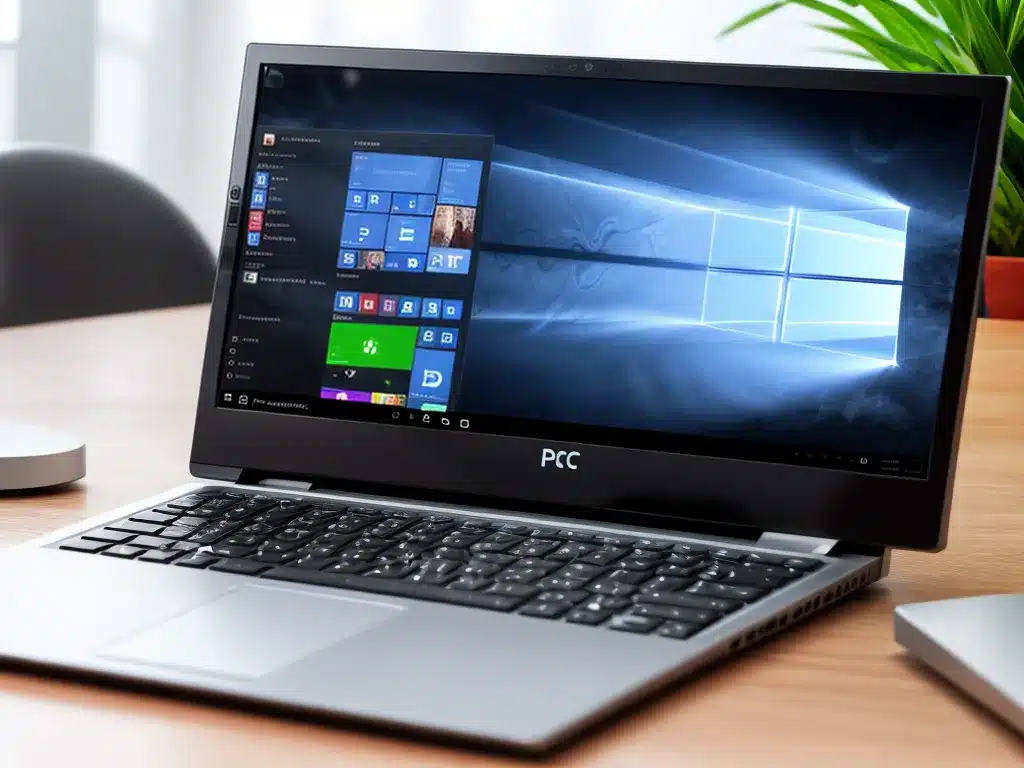
Why Files Get Deleted from Your PC
There are a few common reasons files get deleted from your Windows PC:
-
Accidental deletion: You or another user accidentally deletes a file. This is very common and easily done by selecting a file and hitting the delete key or right clicking and selecting “Delete”.
-
Corrupted files: Files can become corrupted due to issues like power outages, storage drive errors, or program crashes. Windows may automatically delete corrupted files.
-
Disk cleanup: The disk cleanup utility built into Windows removes temporary files, empties the recycle bin, and frees up disk space. Important files may get deleted.
-
Virus/malware infection: Viruses and malware may delete or encrypt files on your PC. Ransomware is a type of malware that encrypts files and demands payment to get them back.
-
System restore: Restoring your PC to an earlier state can cause file loss if you restore to a time before the files were created.
How to Recover Deleted Files
If you act quickly, you may be able to recover recently deleted files easily using built-in Windows tools. However, if more time has passed, the files have been fully erased, or you want more options, you’ll need dedicated file recovery software. Here are the steps to recover deleted files:
Check the Recycle Bin
When you delete files in Windows, they get sent to the Recycle Bin unless you permanently delete them by pressing Shift+Delete. To recover deleted files:
-
Open the Recycle Bin by right-clicking on the desktop and selecting it.
-
Find your deleted files and right click on them.
-
Select “Restore” to recover the files to their original location.
This allows you to recover files deleted accidentally or that you regret deleting. However, the Recycle Bin does not keep files indefinitely. It will automatically clear out files over time. So this method only works shortly after deletion.
Use System Restore
If you’ve deleted important system files, you may be able to recover them using System Restore:
-
Type “System Restore” into the Windows search bar and select it.
-
Choose a restore point from before the files were deleted.
-
Follow the prompts to restore your system, returning it to the state it was in at the time of the restore point.
This will roll back system files as well as any personal files that existed at that time.
Try File Recovery Software
If the above methods don’t work, your best bet is to use third party file recovery software. Here are some top options:
-
Stellar Data Recovery: Recovers deleted files from Windows, Mac, USB drives, and RAID arrays. Has a free trial.
-
EaseUS Data Recovery Wizard: Allows you to scan and preview recoverable files for free before paying to export them.
-
Recuva: Free deleted file recovery tool from Piriform. Scan your PC for recoverable files.
These tools scan your drives and use advanced techniques to uncover files marked as deleted. However, overwriting a drive decreases the chances of file recovery. So recover deleted files ASAP before they get overwritten.
Avoid File Overwriting
When you delete a file, Windows simply marks the space it was using as available. The actual data is still there until it gets overwritten.
To prevent deleted files from being overwritten:
- Stop using the device with the deleted files immediately.
- Avoid downloading or copying new files to the drive.
- Use recovery software as soon as possible.
The longer you wait, the higher the chance of full data loss. So act quickly if you’ve accidentally deleted important files.
Tips to Prevent File Deletion
Recovering deleted files can be a hassle. Follow these tips to avoid file deletion in the first place:
-
Back up important files regularly to an external drive or cloud storage. Backups enable easy recovery.
-
Pause or disable antivirus scans before moving or deleting large numbers of files. Some antivirus software may delete files it deems suspicious.
-
Watch out for sync errors with cloud storage services. For example, deleting a synced file on one device could delete it everywhere.
-
Disable auto-cleanup features that delete files like system restore points and recycle bin contents.
-
Carefully review folders before permanently deleting with Shift+Delete. Accidental selection may delete important files.
-
Disconnect external drives before doing major file operations like moving or deleting folders.
Regular backups are key to protecting yourself from accidental file deletion. But if you do lose files, act quickly to recover them before they are gone for good. With the right tools and timely action, recovering deleted files is often possible. Just be cautious in how you manage and organize your files.












